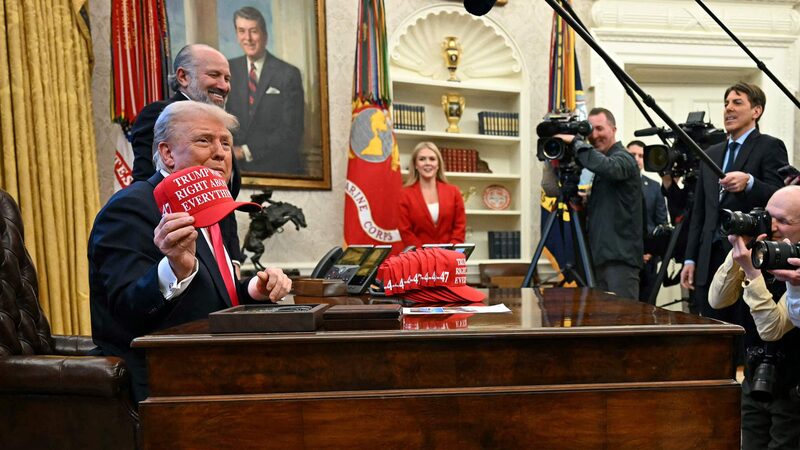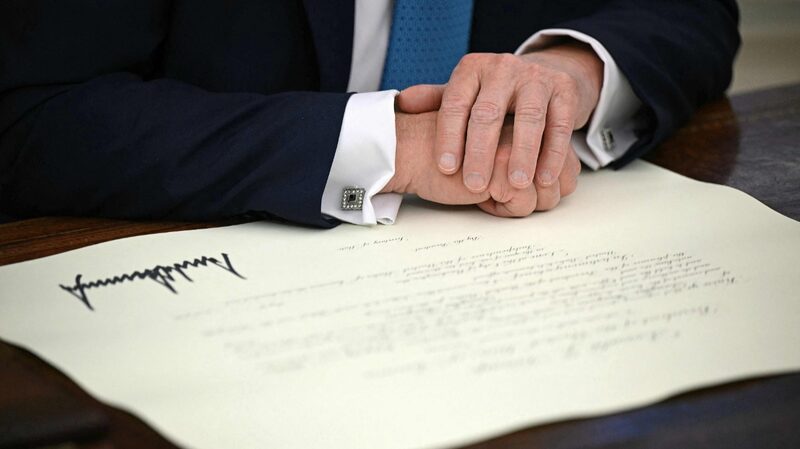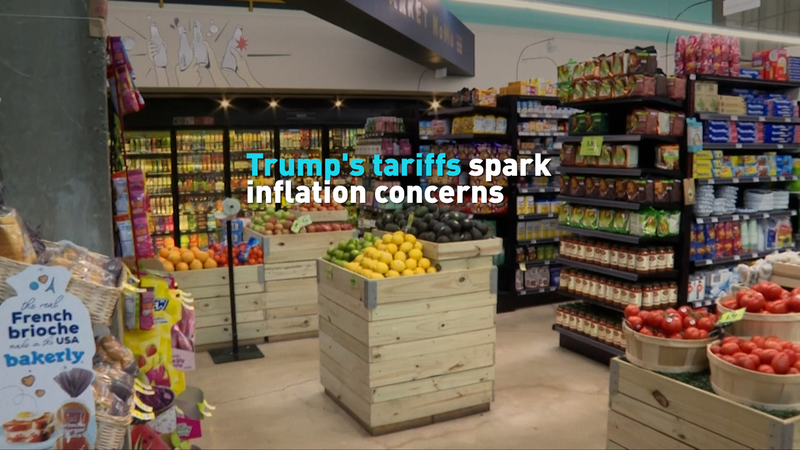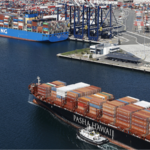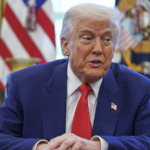As tensions over U.S. trade policies intensify, global analysts are raising alarms about the potential economic ripple effects of Washington's tariff strategy. Charlotte Howard, executive editor and New York bureau chief for The Economist, highlighted growing unease among U.S. allies during a recent analysis of inflation trends, describing the approach as increasingly viewed as 'aggressive leverage' or 'erratic policymaking.'
The Ripple Effect of Tariff Escalation
Howard emphasized that a proposed 30% tariff on EU imports—set to take effect by August 1—could trigger retaliatory measures from America's largest trading partner, risking significant economic disruption. While current inflation remains manageable due to corporate stockpiling and supply chain adjustments, she cautioned that these measures are temporary. 'As investment slows and corporate uncertainty grows, the buffers keeping the economy stable could vanish,' Howard noted.
Corporate Uncertainty and Economic Forecasts
The analysis underscores a critical juncture for global markets, particularly in Asia, where supply chains and export-driven economies remain vulnerable to trans-Pacific trade shifts. Business professionals and investors are advised to monitor evolving U.S.-EU negotiations closely, as outcomes could influence manufacturing costs, commodity prices, and regional market stability.
For academics and policymakers, Howard's warnings highlight the delicate balance between strategic economic policies and their unintended consequences—a discussion increasingly relevant as nations navigate post-pandemic recovery and geopolitical realignments.
Reference(s):
Economist's executive editor: U.S. tariff policy seen as aggressive
cgtn.com

